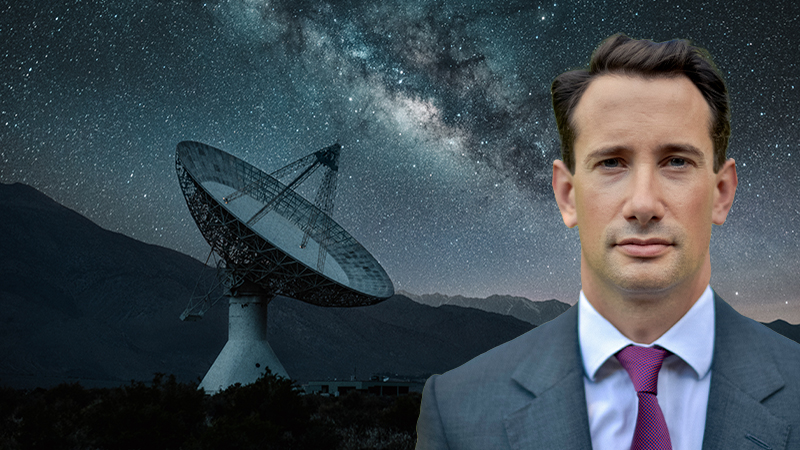The Stern family may not have the same name recognition as the Rothschilds or the Mellons, but they have been an important force in European banking for more than two centuries. In fact, Sterns are embedded in the history of blue chips such as BNP Paribas in France or Germany’s Deutsche Bank.
In its current incarnation, J. Stern & Co originates from the family office of members of the French branch of the family. It runs bespoke global equity portfolios and private office services, while the fund management arm of the group is based on the investment convictions they have built up over the years. These have been honed over a decade or more by the four senior investment partners at the firm.
See also: Fund manager profile: Ian Lance on trusting the process
The J. Stern & Co World Stars Global Equity fund is one of three offered by the group, alongside a multi-asset and an emerging debt fund. It gives concentrated exposure – around 30 holdings – to a range of global companies “with enduring competitive advantage and a long runway of growth”, according to manager Christopher Rossbach.
Pockets of growth
Identifying pockets of structural growth is the tricky bit. The team doesn’t start out by looking for themes, but instead look for industries that are doing well, and companies that are doing well within them. At the moment, they are finding three fruitful sources of ideas within the global economy. The first is around computing capacity.
“AI and the metaverse are drivers of global economic growth and we need to look at how we benefit from it – and not just by buying Nvidia,” says Rossbach, though Nvidia remains the largest holding in the fund at over 8%.
A second source of opportunity is the expansion of the public and private global asset base, through infrastructure development and the energy transition. He believes the current environment is akin to Eisenhower’s America. Eisenhower presided over vast infrastructure projects, including the Interstate Highway System.
See also: Fund manager profile: BlackRock’s Tom Holl on his transition mission
Rossbach adds: “We’ve developed a lot of the technology that we need to increase capacity, but also with greater efficiency and at much lower environmental impact. We see huge opportunities in industrial companies in particular. This is a huge differentiator for the fund because almost no one who invests in quality growth companies – as we do – invests in this part of the market because they can be capital intensive and cyclical.”
Rossbach is careful to focus on industrial companies that are driven by intellectual property, engineering-type businesses that have developed technologies, software and systems that help address the need for expanded infrastructure in a sustainable way. He gives the example of Sika, a £50bn Swiss firm that is a global leader in mixtures for concrete and waterproofing membranes.
“It can build buildings that are much lower impact and that last much longer. This is useful in cities such as Tokyo, which is in a flood zone, prone to earthquakes and built on landfill next to the sea. In Australia, the company helped to renovate the tallest tower in Sydney. It managed to preserve the concrete core, add another 10 floors, double the floor space, save 30% of the construction cost and 12,000 tonnes of carbon.”
Companies like Sika often don’t score highly on conventional sustainability metrics, which struggle to measure carbon saved. Only a certain percentage of its revenues go directly into renewables. “Yet 70% of its business is refurbishment of buildings. It is a driver and beneficiary of more sustainable construction,” says Rossbach.
This is the third opportunity, around sustainability. He says: “We are looking for companies that can benefit by providing these solutions. These problems are going to be solved by enterprise, innovation and technology. There are many companies beyond the big tech names.” Power management business Eaton is a major holding and a significant player in the shift to low-carbon fuels.
Read the rest of this article in the October issue of Portfolio Adviser magazine










